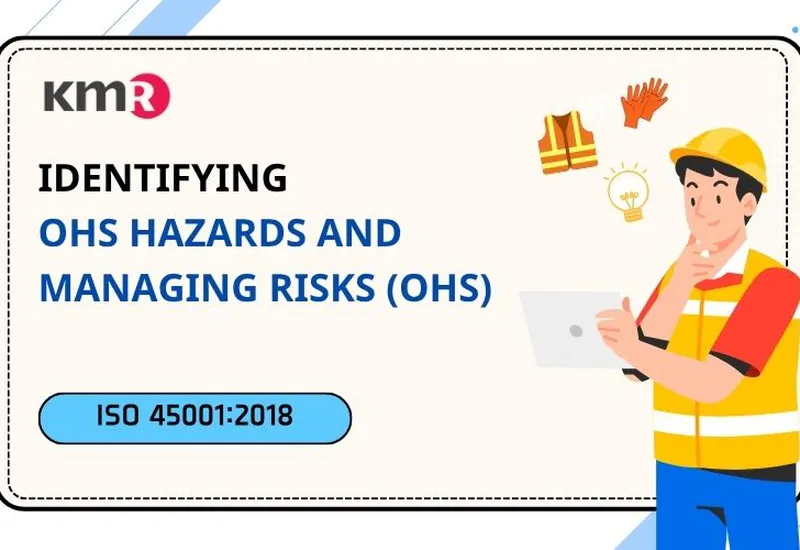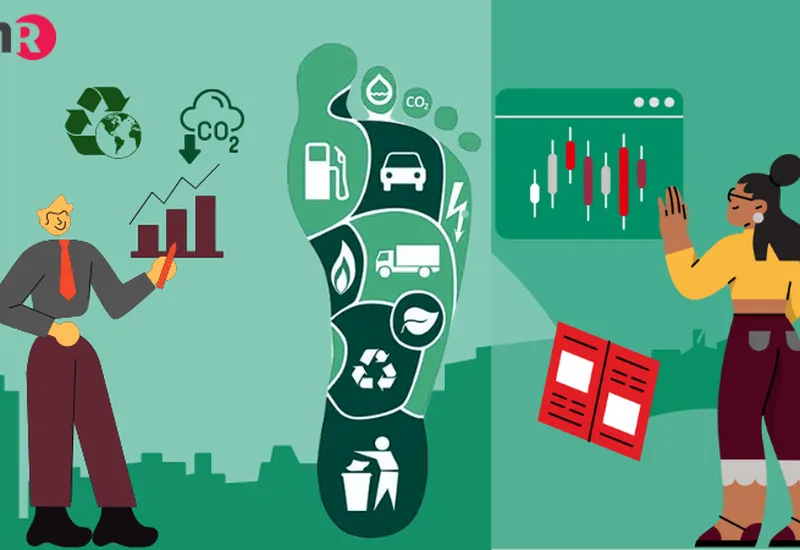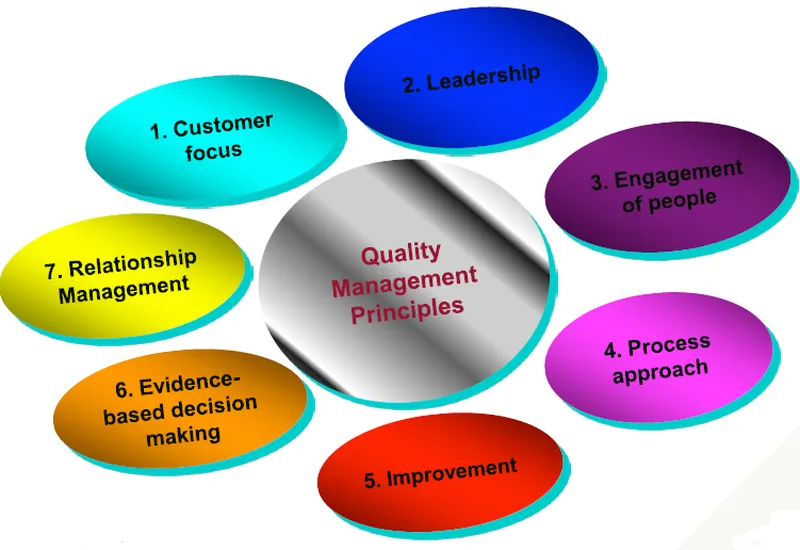ISO 22000 Revision
Why revise ISO 22000:2005?
Since the first publication of ISO 22000 in 2005, users along the supply chain have been facing new food safety challenges – spurring a need for the standard to be revised.
It is normal process for an ISO standard to be revised. In fact, every 5 years standards are reviewed to determine whether a revision is necessary, to ensure that the standards remain as relevant and useful to businesses as possible.
Timeline of the revision
Currently the standard is at the committee draft stage (CD). This means that a draft revised standard will be available to ISO members for a vote in the first quarter of 2017.
More information on this process can be seen in the timeline below. Learn more about the process of standard development.

What are the main changes to the standard?
The major proposed changes to the standard include modifications to its structure as well as clarifying key concepts such as:
- The high level structure: in order to make life easier for businesses using more than one management system standard, the new version of ISO 22000 will follow the same structure as all the other ISO management system standards, the High Level Structure (HLS).
- The risk approach: the standard now includes a different approach to understanding risk.
- The PDCA cycle: the standard clarifies the Plan-Do-Check-Act cycle, by having two separate cycles in the standard working together: one covering the management system and the other, covering the principles of HACCP.
- The operation process: a clear description is given of the differences between key terms such as: Critical Control Points (CCPs), Operational Prerequisite Programmes (OPRPs) and Prerequisite Programmes (PRPs).
More information about the changes can be found in the news area
Who is responsible for the revision?
The revision of the standard is carried out by specialists from over 30 countries with expertise in establishing, implementing and auditing food safety management systems (ISO/TC34/SC17/W8).
Source: iso.org











main.comment_read_more